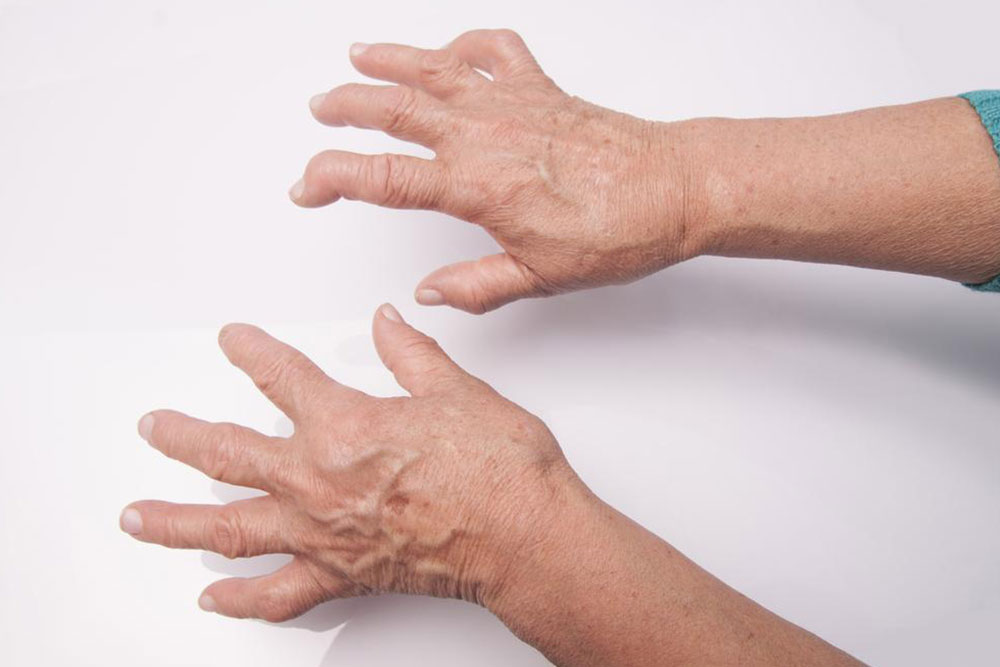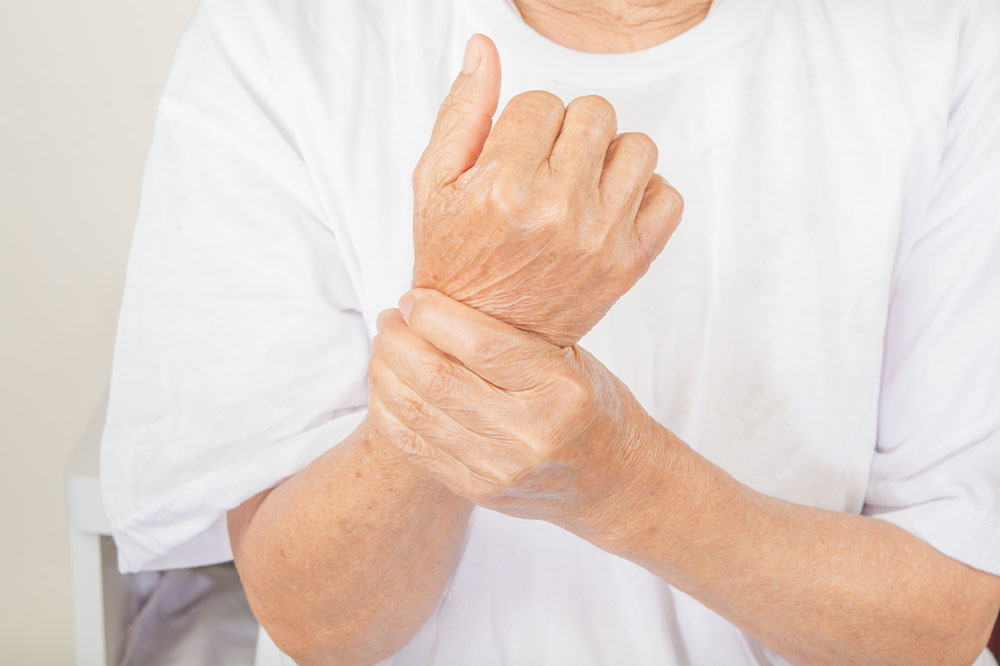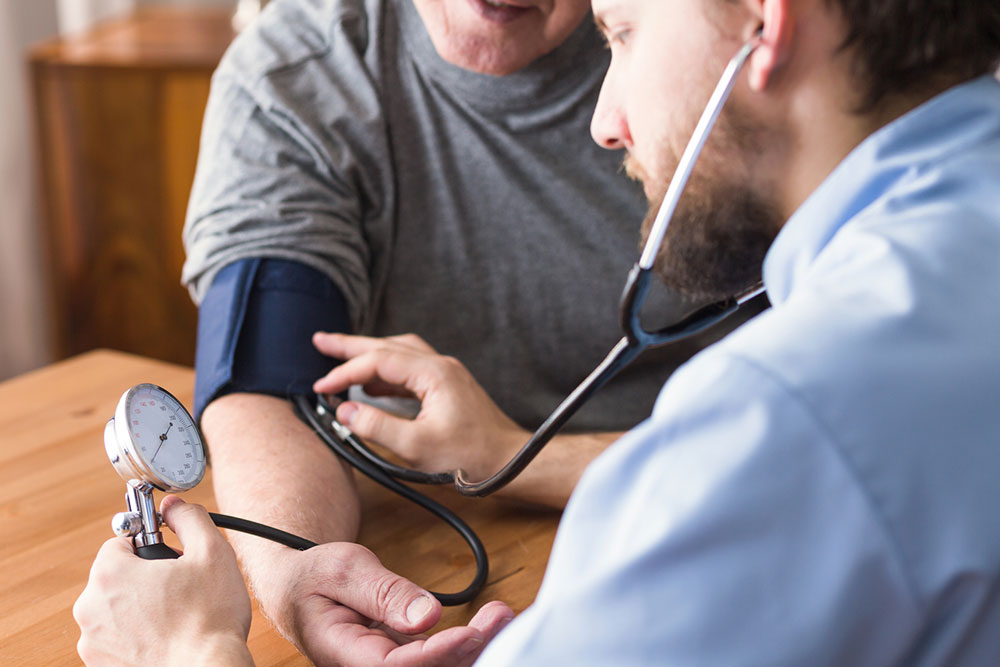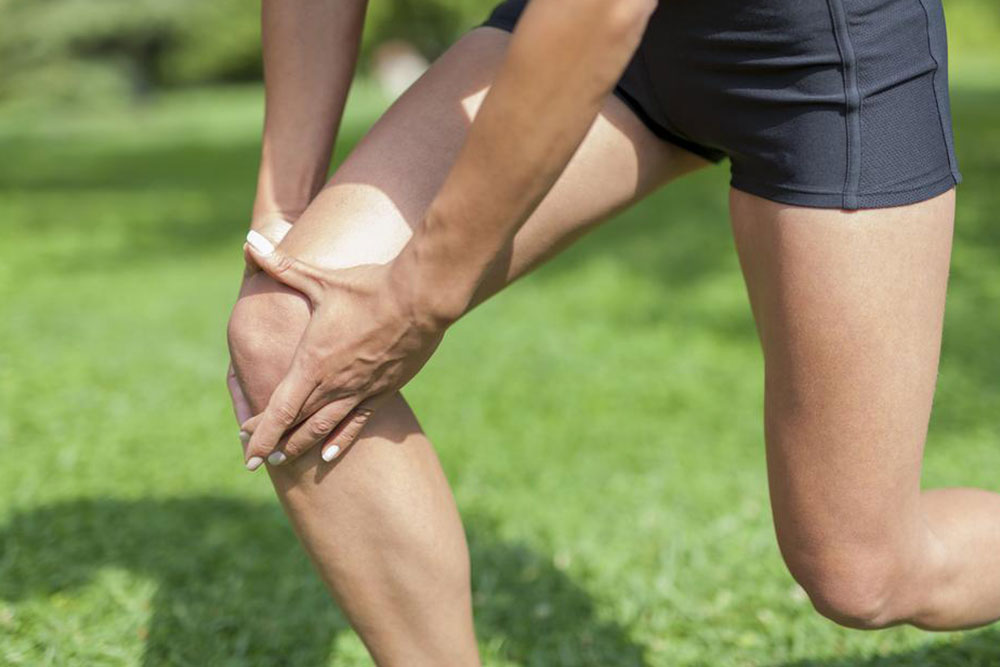Essential Insights into Rheumatoid Arthritis and Systemic Lupus Erythematosus
Discover comprehensive insights into Rheumatoid Arthritis and Lupus, including symptoms, differences, and management strategies. Learn how early detection and lifestyle choices can improve your quality of life, with tips on exercise, diet, and support options for those affected by these autoimmune diseases.

Essential Insights into Rheumatoid Arthritis and Systemic Lupus Erythematosus
Rheumatoid Arthritis (RA) and Systemic Lupus Erythematosus (SLE) are persistent autoimmune conditions characterized by inflammation, where the immune system mistakenly attacks the body's own tissues. This inflammation can lead to discomfort, redness, swelling, impaired function, and warmth; it may target internal organs, external tissues, or both.
Differences Between RA and Lupus
RA primarily affects joints, causing pain, stiffness, and swelling, and can sometimes involve other body systems. Lupus is a systemic disease impacting multiple organs including the skin, heart, lungs, joints, blood, kidneys, and brain, leading to severe tissue damage and pain.
Both diseases can affect individuals at any age, though their causes remain unclear. Symptoms include fatigue, unexplained weight loss, dry eyes, chest discomfort, and skin issues. Early diagnosis is crucial for effective management.
Proposed early signs of RA include:
Fever
Anemia
Joint pain and swelling
Joint stiffness and deformities
Symmetrical joint involvement
Early lupus symptoms encompass:
Unexplained fever
Kidney inflammation
Extreme fatigue
Skin rashes (notably butterfly-shaped on the face)
Joint pain and swelling
Hair loss
Dry eyes or mouth
Pulmonary and gastrointestinal issues
While these conditions are incurable, proper medical treatment and lifestyle adjustments can significantly improve quality of life. Mild cases might require minimal intervention, but persistent or severe symptoms demand professional care. Follow your healthcare provider’s guidance, incorporate low-impact exercises like walking or swimming, ensure sufficient rest, maintain a healthy diet, and avoid smoking or alcohol to reduce flare-ups. Protect your skin with sun protection measures, and seek support groups for emotional and practical assistance.










